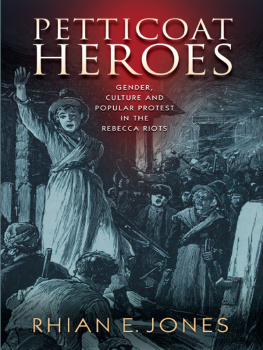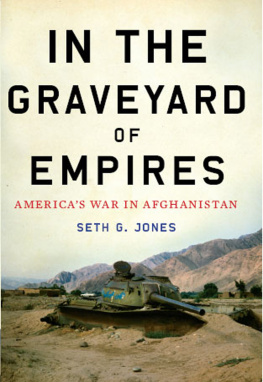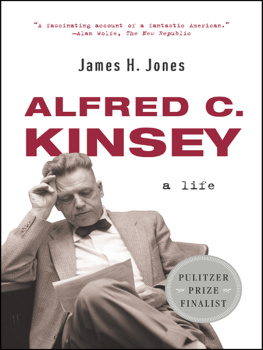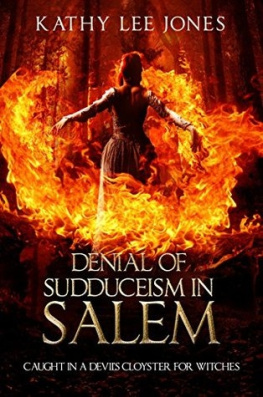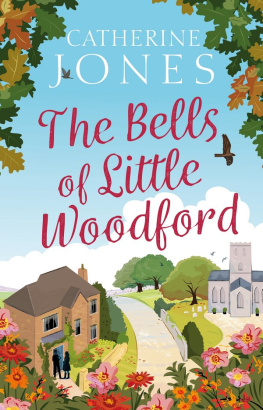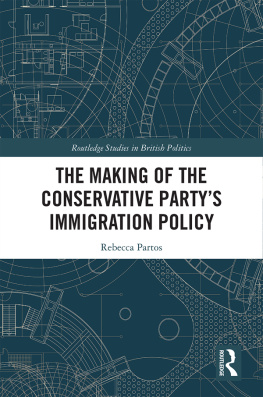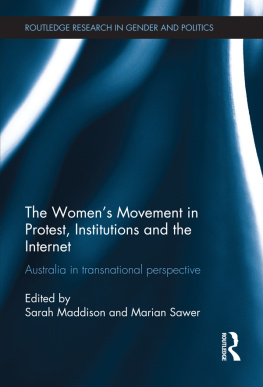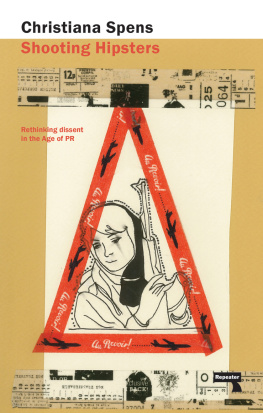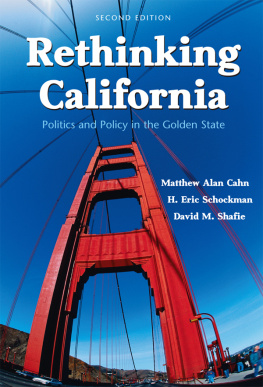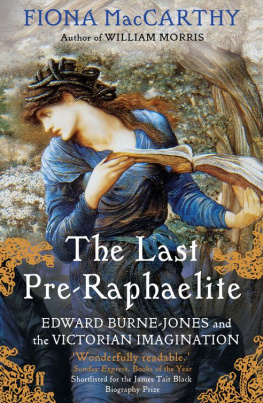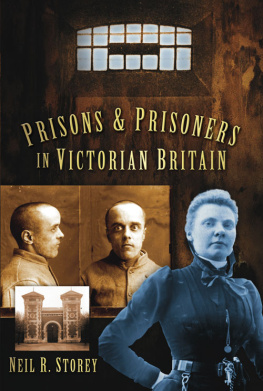Jones - Petticoat Heroes: Rethinking the Rebecca Riots
Here you can read online Jones - Petticoat Heroes: Rethinking the Rebecca Riots full text of the book (entire story) in english for free. Download pdf and epub, get meaning, cover and reviews about this ebook. City: Wales, year: 2015, publisher: University of Wales Press, genre: Politics. Description of the work, (preface) as well as reviews are available. Best literature library LitArk.com created for fans of good reading and offers a wide selection of genres:
Romance novel
Science fiction
Adventure
Detective
Science
History
Home and family
Prose
Art
Politics
Computer
Non-fiction
Religion
Business
Children
Humor
Choose a favorite category and find really read worthwhile books. Enjoy immersion in the world of imagination, feel the emotions of the characters or learn something new for yourself, make an fascinating discovery.
Petticoat Heroes: Rethinking the Rebecca Riots: summary, description and annotation
We offer to read an annotation, description, summary or preface (depends on what the author of the book "Petticoat Heroes: Rethinking the Rebecca Riots" wrote himself). If you haven't found the necessary information about the book — write in the comments, we will try to find it.
Petticoat Heroes: Rethinking the Rebecca Riots — read online for free the complete book (whole text) full work
Below is the text of the book, divided by pages. System saving the place of the last page read, allows you to conveniently read the book "Petticoat Heroes: Rethinking the Rebecca Riots" online for free, without having to search again every time where you left off. Put a bookmark, and you can go to the page where you finished reading at any time.
Font size:
Interval:
Bookmark:
PETTICOAT HEROES
Gender, Culture and Popular Protest
in the Rebecca Riots
Rhian E. Jones

The University of Wales Press acknowledges
the financial support of the Welsh Books Council.
Rhian E. Jones, 2015
All rights reserved. No part of this book may be reproduced in any material form (including photocopying or storing it in any medium by electronic means and whether or not transiently or incidentally to some other use of this publication) without the written permission of the copyright owner. Applications for the copyright owners written permission to reproduce any part of this publication should be addressed to the University of Wales Press, 10 Columbus Walk, Brigantine Place, Cardiff CF10 4UP.
www.uwp.co.uk
British Library CIP Data
A catalogue record for this book is available from the British Library.
ISBN 978-1-78316-788-3
elSBN 978-1-78316-790-6
The right of Rhian E. Jones to be identified as author of this work has been asserted in accordance with sections 77 and 79 of the Copyright, Designs and Patents Act 1988.
Cover image: Rebecca and her daughters(unattributed engraving); Mary Evans Picture Library.
To Mike Bowen, Frances Evans,
and all other heroes in petticoats
Contents
For their help and support in enabling me to produce this book, my thanks go to Professor Chris Williams at Cardiff University, Dr Kathryn Gleadle at Mansfield College, Oxford and Professor Penelope Corfield.
The series of events known as the Rebecca riots has made a more permanent and positive mark on history than many other nineteenthcentury protests. In the generally gloomy annals of popular struggle and defeat, Rebeccaism is celebrated in Wales and beyond as a success story. It has been recorded as a freeing of the toll gates, a single-minded and respectable campaign against demonstrable injustice, carried out in a spirit of popularity and joke, frolic and good-humoured insubordination.
Rebeccaism is no exception to the rule that some of the bestremembered aspects of any protest movement will be those which made the deepest impression on the contemporary public imagination. The story of Rebecca as maintained in popular memory is that the imposition of toll charges for the use of Carmarthenshire roads generated mass outrage, which found its expression in moonlit attacks on toll gates by farmers on horseback in outlandish female dress. These riots burst into view in 1839 and raged throughout the summer of 1843, only to melt away following government intervention that constitutionally demolished the hated turnpikes and their tolls. Official and popular references to the movement after 1844 present it as something surprising highly uncharacteristic of the usually placid and lawful rural Welsh and as an affair which, being motivated solely by problems with the imposition of turnpike tolls, was quickly laid to rest by the government of Robert Peel, whose Commission of Inquiry and subsequent amelioration of the system via the 1844 Turnpike Act effectively put an end to matters.
Despite this storys vividness, and the familiarity it has gained through retelling, the impression of Rebeccaism as a single-issue campaign, straightforwardly addressed by central government, does not do the movement justice. Confusion and obscurity still surround significant aspects of Rebeccaism: its leaders and organisers if there were any are still largely unknown, and even the origin of its name remains the subject of debate. Rebeccaite activity addressed a range of popular grievances beyond the issue of toll gates, and did so using an equally broad range of symbolism, costume and ritual. Evidence given to the governments 1844 Commission of Inquiry makes it clear how many problems underpinned the movement not least land ownership, poverty, social tension, the New Poor Law, and the payment of Church tithes and unrest and disorder under the auspices of Rebecca persisted long after the Turnpike Act. Rebeccaite iconography continued to appear in protest up to and including the present century, becoming a general signifier of popular discontent in ways often far removed from its original function.
The term Rebecca riots itself, although it has become their customary designation, gives a misleadingly limited impression of events and does not adequately express how varied and complex was the range of activities associated with Rebecca. In this book I will use the alternative term Rebeccaism, as did David J. V. Jones in his 1989 study, to convey the idea of a social movement which was more than simply riotous, broader than a single-issue campaign against toll gates, and loosely bound together by references to the name or image of Rebecca. This movement encompassed not only attacks on toll gates but also protest against high rents, tithes, evictions, workhouses and the New Poor Law, in forms ranging from property damage to threatening letters and mass demonstrations. As such, Rebeccaism fits the historical and sociological definition of a social movement as a sustained, intentional effort to foster or retard broad legal and social changes, primarily outside the normal institutional channels endorsed by authorities.
This brings us to a further fundamental question: why the name Rebecca? Two main explanations exist for Rebeccas etymology, juxtaposing a high-minded biblical derivation with one more in keeping with the movements comic and irreverent tendencies. The former explanation was given by The Times correspondent Thomas Campbell Foster in his June 1843 report on Rebeccaism, in which he claimed the name was derived from Genesis 24:60: And they blessed Rebekah, and said unto her, Thou art our sister, be thou the mother of thousands of millions, and let thy seed possess the gates of those which hate them. The same claim had been made a few months earlier by the Welshman newspaper, which noted that the verse had been expatiated upon by many itinerant preachers until the multitude doubtless believe they have a warrant for their lawless doings. Foster attributed this scriptural derivation to the strong religiosity of the Welsh and the fanaticism which they channelled into opposing turnpikes. The Swansea Journal drew on Fosters claim when disapproving of the spread of Nonconformism in Wales, noting in July 1843:
This is a singular instance of the state of religious, or we should say, fanatical feeling in the Principality. It is curious to find the practice of dovetailing the language of Scripture to the purpose of Rebellion, so common with Cromwells military saints, and the gloomy Scottish Covenantes, flourishing in full force in this quiet country, and in our enlightened times. This should be a strong incitement to the Church in Wales to increased exertion
At around the same time, an address by Edward Lloyd Davies, a landlord who had been threatened with a visit from Rebecca if his rents were not reduced, rebuked the Rebeccaites for their choice of allusion:
It is said that you have imposed upon many ignorant persons, by pretending to have Scripture authority for your acts. What an abuse of the Holy Scriptures! All learned divines are agreed, that the meaning of those words is that her posterity might be victorious over their enemies. Rebecca was really a woman, a good and pious woman, having the fear of God before her eyes.
Fosters explanation has found varying degrees of sympathy with the movements historians. Henry Tobit Evanss 1910 account makes the opposing claim, namely that Thomas Rees, the first man to play Rebecca at Efailwen in 1839, named himself after the similarly statuesque woman from whom his disguise was borrowed, who was known locally as Big Becca or Great Rebecca of Llangolman. The same origin was asserted in a letter to
Next pageFont size:
Interval:
Bookmark:
Similar books «Petticoat Heroes: Rethinking the Rebecca Riots»
Look at similar books to Petticoat Heroes: Rethinking the Rebecca Riots. We have selected literature similar in name and meaning in the hope of providing readers with more options to find new, interesting, not yet read works.
Discussion, reviews of the book Petticoat Heroes: Rethinking the Rebecca Riots and just readers' own opinions. Leave your comments, write what you think about the work, its meaning or the main characters. Specify what exactly you liked and what you didn't like, and why you think so.

